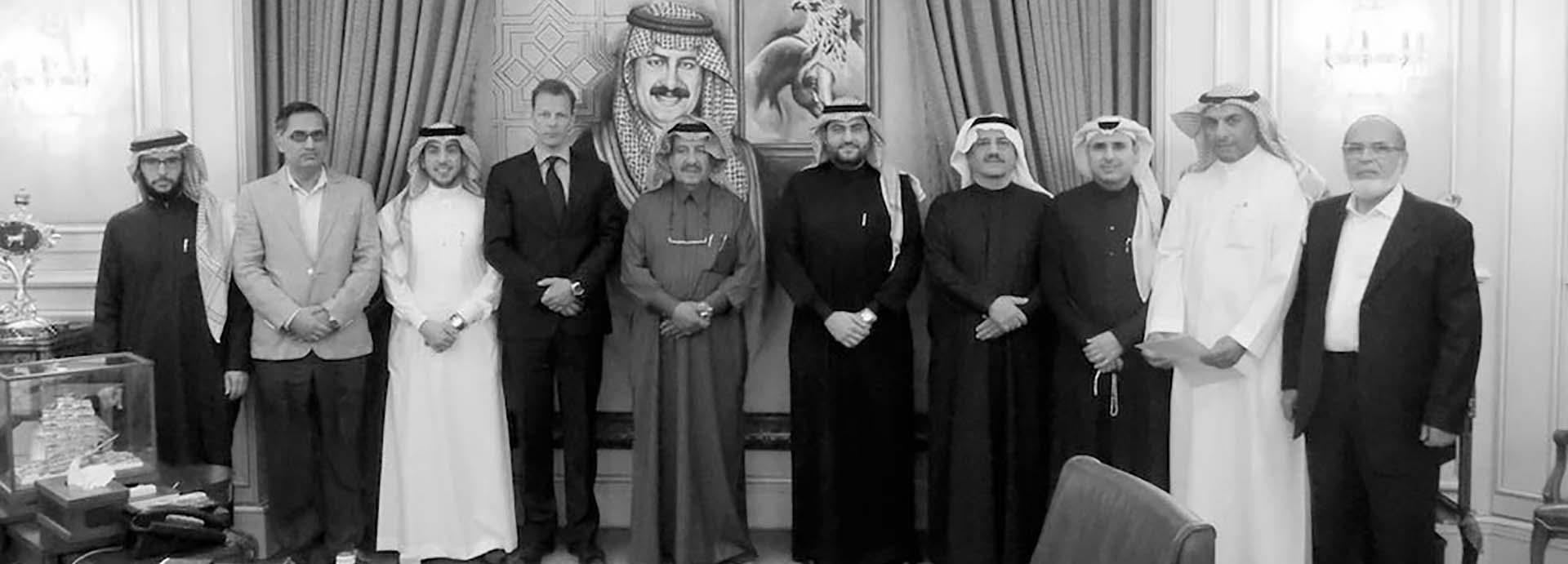

Contributing significant energy generation for Saudi Arabia’s cement sector is a new 160 MW Flexicycle power plant, a full EPC (Engineering, Procurement and Construction) project for Yamama Cement Company in the capital Riyadh. The first of its kind in the country and Saudi Arabia’s largest-to-date engine plant installation, this lump sum turnkey (LSTK) project features 11 18-cylinder Wärtsilä 50DF dual-fuel engines with N+1 configuration. While its ability to operate on natural gas with light fuel oil and crude oil as a backup is nothing new, the plant’s real benefit is the waste heat recovery system that will use excess heat from the exhaust to power a steam turbine and generate electricity, maximising the plant’s efficiency, in accordance with new Saudi “2030 Vision” regulations requiring more efficient power use. What’s more, the power plant will host the latest online Continuous Emissions Monitoring System (CEMS), promoting a competitive advantage in Saudi Arabia’s stricter regulatory environment.
Years of negotiation
According to Haidar Mohammad Al Hertani, Managing Director of Wärtsilä Saudi Arabia, the biggest challenge was securing the technical and commercial aspects of the plant through years of intense negotiation, while facing a field of aggressive competition. “The project is a continuation of Wärtsilä’s successful record in Saudi Arabia, where we have more than 70% market share in the cement sector. This plant builds on that record and has been achieved due to Wärtsilä’s emphasis on customer centricity: where customer interests and customer satisfaction come first,” Al Hertani says.
Started in 1961 by Prince Sultan bin Mohammed bin Saud Al-Kabeer, mainly to manufacture and trade cement in Riyadh, the Yamama Cement Company is regarded as the oldest cement company in the central region, and the third largest in the entire kingdom. Yamama Cement Company, which is relocating its factory outside the boundaries of urban Riyadh, says production output from the plant will continue to exceed 20,000 tonnes of cement per day.
The company uses gas turbine units for the power plant operating its existing facilities. When Yamama started negotiations with Wärtsilä in 2014, it compared the viability of using gas turbines with Wärtsilä’s internal combustion engines (ICE) technology. Ultimately it favored ICE, and after several years of negotiation, the contract was signed in June.
“During the feasibility stage, the most notable and achieved milestone of the project was favoring our Flexicycle internal combustion engines technology in an open competition with open cycle gas turbine (OCGT) and combined cycle gas turbine (CCGT) technology, in a traditionally gas-based Middle Eastern country,” says Al Hertani.
A strategic partnership
Tender requirements were complicated and the operational conditions of working in Saudi Arabia are harsh, he adds. But Wärtsilä’s proposal was the only one that complied with all of the customer’s prerequisites – technically, economically and operationally. It also met the need for localisation, creating employment opportunities for Saudi citizens as well as sourcing equipment from local companies, adding a significant value chain to the economy by aligning Wärtsilä’s objectives with the 2030 Saudi vision. “We were very flexible, trying to understand Yamama’s needs, bridge the gaps and mitigate the risks that arose during negotiation,” Al Hertani says.
As a full EPC project, Wärtsilä is responsible for handling all aspects of plant construction and delivery. Though the 160 MW project is normal-sized as power plants go, it represents a giant in the cement industry.
Calling the relationship a “strategic partnership,” Yamama’s General Manager Jehad Abdul Aziz Al Rasheed say, “Wärtsilä has a reputable track record in Saudi Arabia and they have offered an efficient and reliable solution for a harsh operating environment.”
For Al Hertani, the successful deal reflects the hard work of Wärtsilä’s team and its ability to adapt to challenging conditions. “I believe we have achieved this major milestone by collective team efforts, having the passion to do things right, customer centricity and entrepreneurial spirit,” he concludes. “Our solution combines excellent efficiency with complete reliability and availability, with the highest return on investment compared with other solutions.”